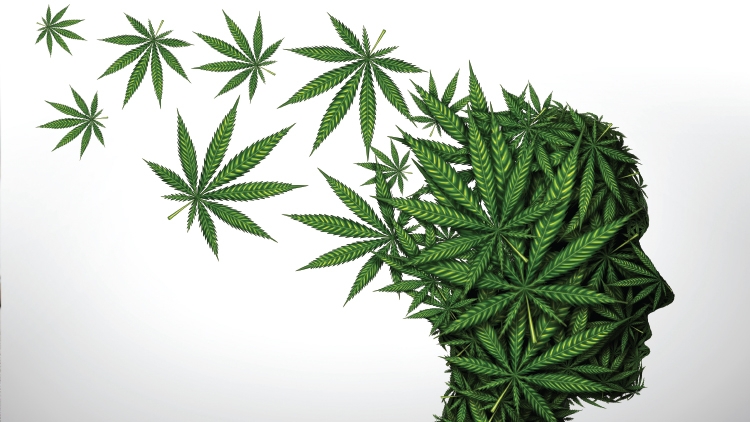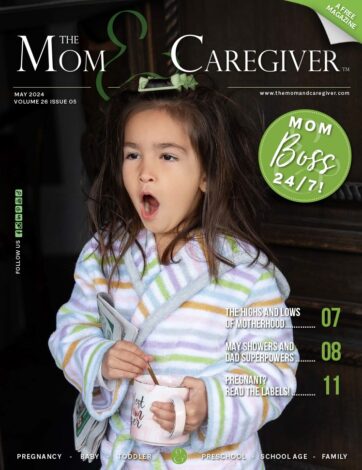Cannabis and Young Children
Using cannabis (marijuana, pot, weed) for non-medical purposes, including the use of cannabis edibles, is legal in Ontario for those 19 years of age and older. Research has shown that the use of cannabis by individuals under 25 years of age, while their brain is still developing, can put them at increased risk of mental health concerns, poor school performance and problematic substance use later in life.
What about young children?
Healthcare providers across Canada have voiced concerns about an increase in emergency department visits due to the accidental poisoning of children who have ingested cannabis products, particularly cannabis edibles. Children’s small body size and different metabolism means they are at a higher risk for poisoning. A cannabis product manufactured for adults can cause life-threatening symptoms in children such as respiratory distress, coma, seizures, disorientation and other symptoms of intoxication.
Cannabis edibles such as cookies, squares (brownies), snack mixes, ice cream, beverages and candy are much more dangerous for children because:
- They can be packaged to look like regular food or drinks, especially treats that may be more attractive to kids.
- They often have stronger and longer effects which can put children at a greater risk due to their smaller size and weight.
How can we prevent accidental poisonings?
Just like other dangerous items such as poisons and prescriptions:
- Lock them up! Put them up!
Young children can be fantastic climbers. Storing cannabis products in a high cupboard is not enough. Use a locked box, such as a fishing tackle or tool box and put that box up high!
- Out of sight, out of mind
Make sure your children do not know where you store your locked-up items. Curious children love a tempting challenge.
- Do not rely on “child-proof” containers
There is no such thing as a “child-proof” container. Child-resistant containers are only designed to slow down a child.
- Talk with babysitters, caregivers and playdate parents
Make sure that wherever your child receives care, your concerns about safety are respected.
- Have a plan for emergencies
If you think your child ate any form of cannabis, even if they have no symptoms, get medical help right away! Call 911 immediately.
For more information:
https://www.healthunit.com/cannabis
https://www.canada.ca/en/services/health/campaigns/cannabis.html
i Canadian Pediatric Society. (2020). Marijuana: What parents need to know. Retrieved from https://www.caringforkids.cps.ca/handouts/marijuana-what-parents-need-to-know
ii Global News. (2022, September 3). Accidental cannabis poisoning is on the rise among Canadian kids. What can be done? Retrieved from https://globalnews.ca/news/9099011/accidental-cannabis-poisoning-edibles-canadian-kids/
iii Ontario Poison Centre. (2020). Cannabis and kids. Retrieved from https://www.ontariopoisoncentre.ca/for-families/cannabis-and-kids/
iv Parachute Canada. (2022). #HighAndLocked. Retrieved from
https://www.parachutecanada.org/en/program/highandlocked/
Heather Bywaters RN PHN
Middlesex-London Health Unit
For the Middlesex-London Community Early Years Partnership















